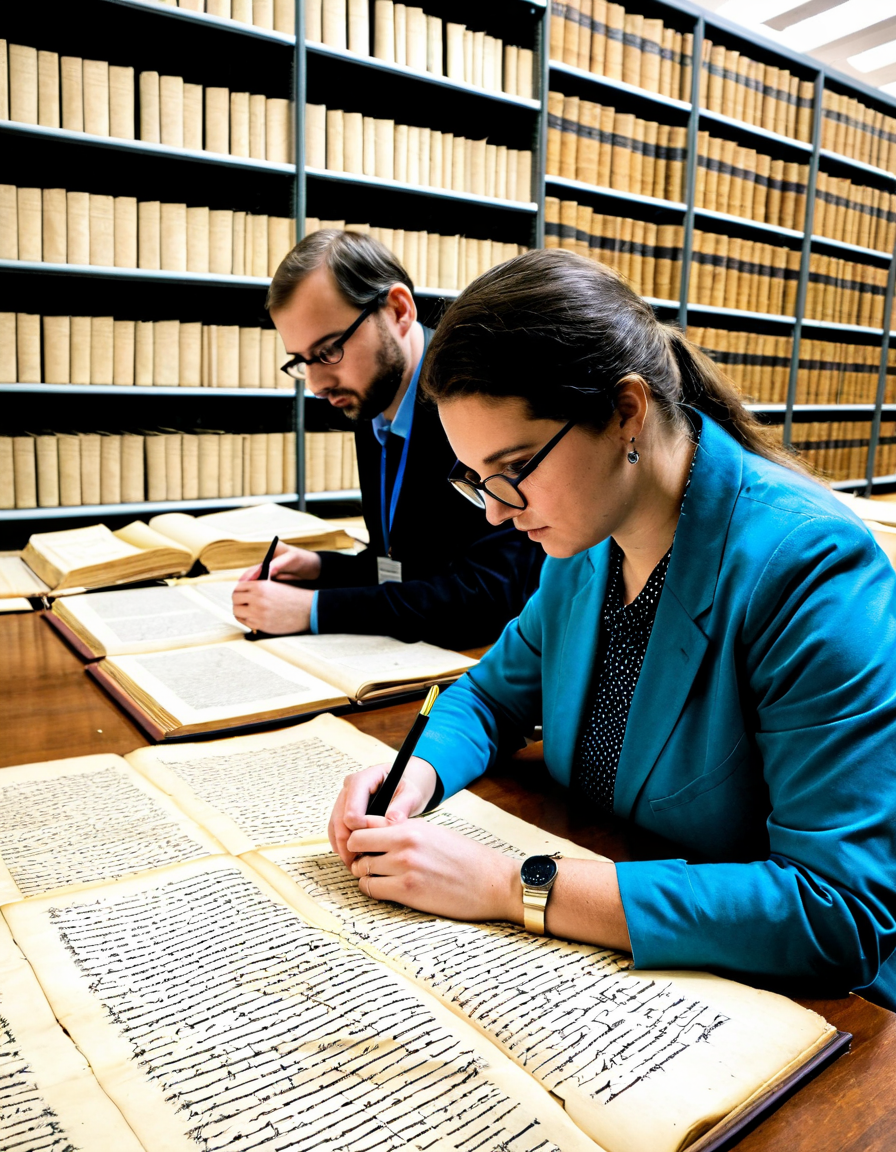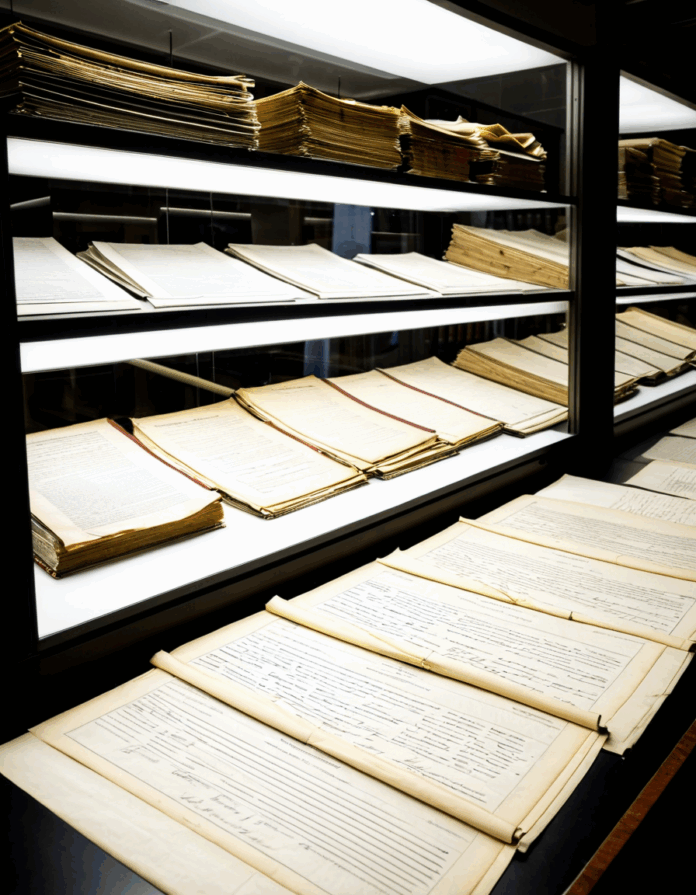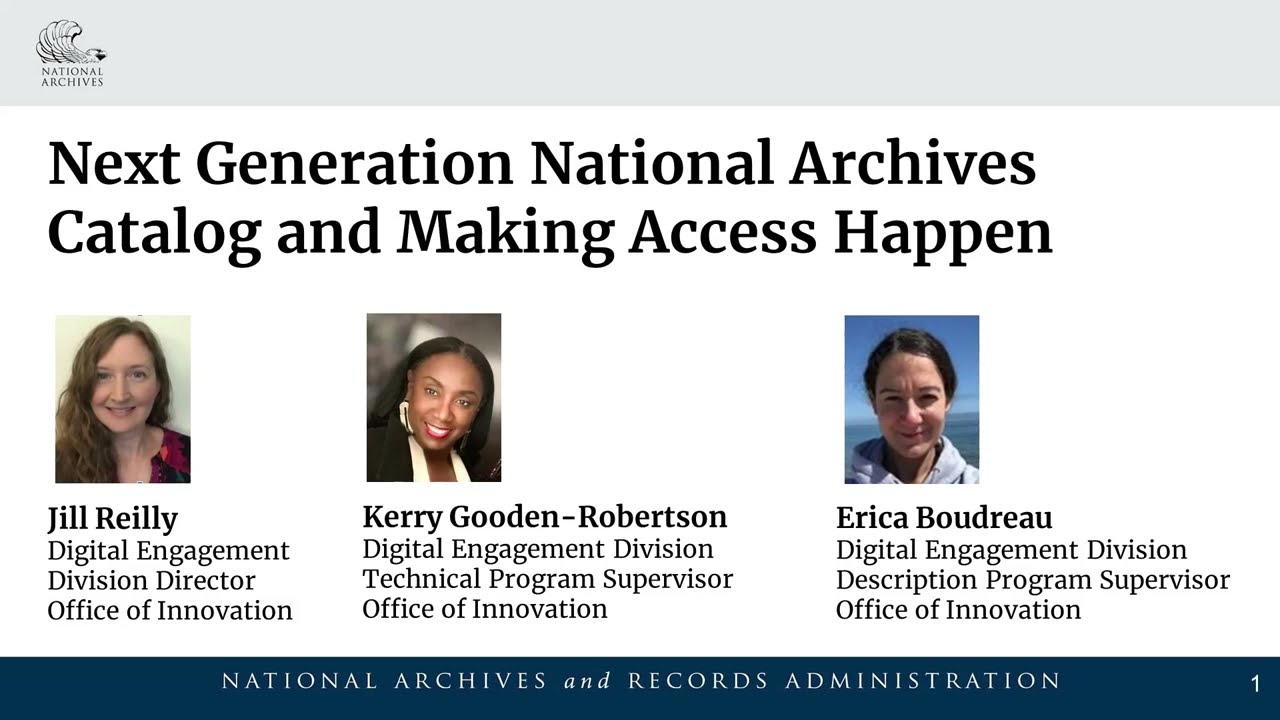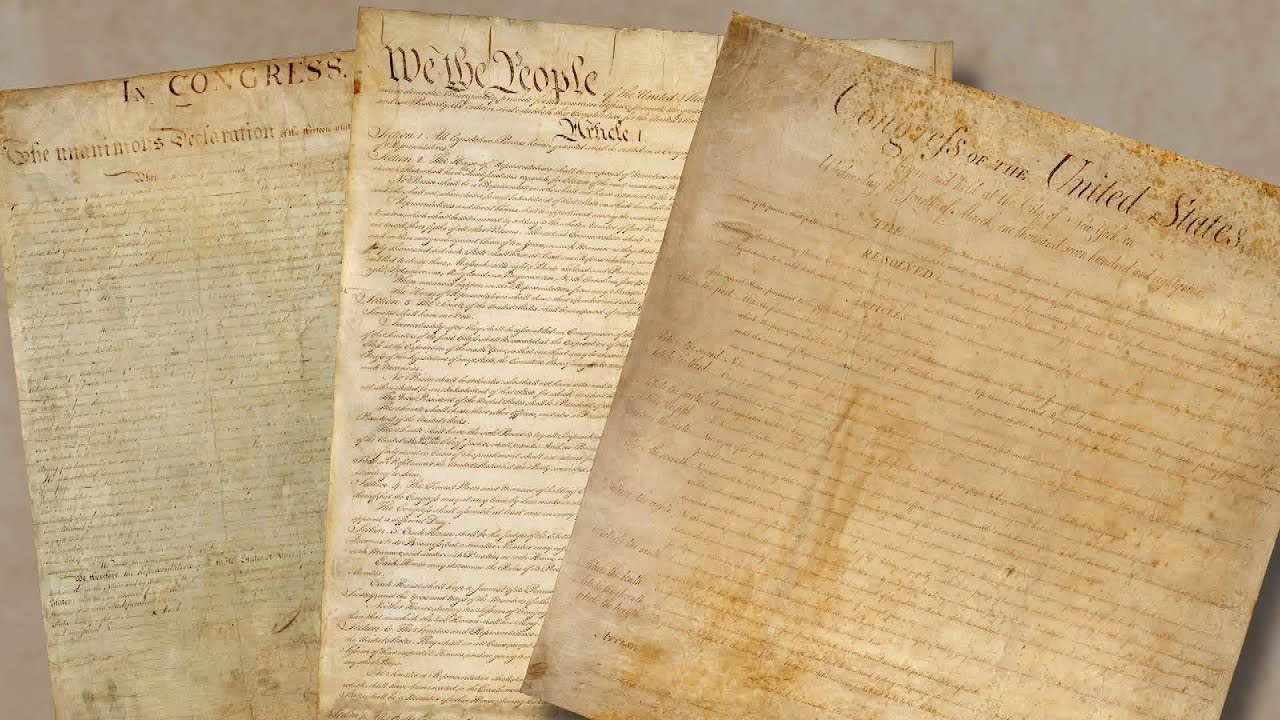In the fabric of American democracy, the National Archives stands as a critical institution dedicated to storing, preserving, and providing access to the nation’s historical treasures. From the Declaration of Independence to countless other records, the National Archives plays a vital role in keeping our rich history alive. This article digs deep into the responsibilities of the National Archives, showcasing how it safeguards our heritage while connecting the past to the present through innovative practices.
7 Key Responsibilities of the National Archives in Preserving American Heritage

1. Document Preservation and Restoration
Maintaining vital historical documents is a painstaking yet necessary task for the National Archives. The restoration process employs advanced techniques like dye infusion and digitization, ensuring fragile texts such as the Constitution can withstand the test of time. To combat deterioration, documents are stored in climate-controlled environments that maintain optimal humidity and temperature, protecting them from irreversible damage. Recent advancements in preservation science allow for innovative materials and methods, promising that even the most delicate records can remain legible and accessible for generations to come.
2. Public Access and Education
Education is at the heart of the National Archives’ mission. With outreach initiatives like the “Civics and Citizenship” program, educators can access remarkable resources, effectively bringing history into the classroom. These programs stimulate historical literacy among students, ensuring they grasp the significance of the American narrative. By making history accessible, the National Archives fosters an appreciation for civic engagement, encouraging young Americans to immerse themselves in their country’s story.
3. Digital Transformation
Embracing the digital age, the National Archives has launched extensive efforts to digitize millions of documents. These initiatives allow researchers and the general public to explore the vast holdings of the Archives from anywhere in the world. Collaborations with tech giants like Google and nonprofit organizations have further expanded their reach, making historical records available at the click of a button. This digital transformation ensures that an ever-growing audience can engage with their heritage, bringing historical analysis into the modern age.
4. Annual Reports to Ensure Transparency
The National Archives produces an annual report that outlines its functions, finances, and preservation efforts. This document serves as a crucial transparency tool, letting the public and stakeholders evaluate the effective use of taxpayer funds. By highlighting successful projects and ongoing challenges, such as continued efforts to secure funding, the reports maintain accountability and foster trust in the institution. It’s essential for organizations like the National Archives to showcase their commitment to transparency amid economic uncertainties.
5. Funding Initiatives and New American Funding
Sustaining the National Archives requires a robust financial strategy. In recent years, partnerships with organizations like New American Funding have widened their financial base, allowing for creative projects and the expansion of existing initiatives. Such collaborations highlight a unique blend of public and private sector support, which is vital for reaching preservation goals. Funding is not just a matter of keeping the lights on; it’s about paving the way for innovation in historical documentation and education.
6. Collaborations with Other National Institutions
The National Archives thrives on partnerships with museums, libraries, and historical societies. Programs like National History Day leverage these collaborations to connect students and communities with their history in engaging ways. By working together, these institutions can promote historical significance on a grassroots level, enhancing public understanding. Such cooperative efforts enable a more comprehensive approach to preserving and interpreting historical narratives for a wider audience.
7. Engagement with the National Review of Historical Materials
Through collaboration with the National Review, the National Archives serves as a beacon for scholarly dialogue surrounding American history. Curated exhibitions and discussions invite historians, authors, and the public to explore diverse narratives, encouraging a deeper comprehension of past events and their impact on our lives today. Engaging with experts and the broader community helps illuminate the intricacies of our shared history.
The Role of American Funds in Supporting National Archives Initiatives
American funds have become a cornerstone in bolstering the initiatives of the National Archives. Philanthropic efforts increasingly focus on historical preservation, resulting in substantial support for projects that enhance public access to archival materials. From digitization campaigns to educational outreach, these funds guarantee that vital resources are not only preserved but actively utilized to promote civic engagement. As society recognizes the importance of historical context, generous contributions amplify the vital work the National Archives undertakes.

Innovative Approaches to Archival Research
The landscape of historical research is constantly changing, and the National Archives is at the forefront of these transformations. Introducing artificial intelligence (AI) and machine learning models revolutionizes how archivists and historians access and analyze data. This technological shift fosters efficiency, offering novel pathways for understanding historical context. By harnessing AI, the National Archives invites a broader audience to engage with their heritage, ensuring history’s relevance resonates with future generations.
The National Archives remains a touchstone of American identity, safeguarding our shared memories and experiences. Through transparency in funding, embracing digital innovations, and actively engaging with the community, the National Archives not only preserve history but also enrich our understanding of what it means to be part of a diverse and evolving nation. As we venture into the future, the vigor of these efforts will ensure that the narratives of the past resonate meaningfully for generations to come.
National Archives: Safeguarding Our Rich History
The Foundation of National Memories
Did you know that the national archives in various countries play a crucial role in preserving the history that shapes our identities? From ancient manuscripts to modern-day documents, these treasures are safeguarded for future generations. Interestingly, just as an insurance Policies Rcv Vs Acv comparison helps homeowners protect their assets, the national archives act as a protective shield for a nation’s heritage, ensuring that vital information remains intact. Talk about an essential service!
A Peek into the Past
The sheer volume of documents housed within national archives can be staggering. For instance, the U.S. National Archives holds about 13 billion pages of records! It’s like searching for hidden gems amidst a treasure trove, akin to the four Of Pentacles, where safeguarding wealth is key. Historical documents have the power to transport us back in time, offering insights into our shared experiences. Just as fans reminisce over the scrubs cast reunions, national archives invite us to reflect on our collective narrative through carefully curated exhibitions.
Modern-Day Relevance
In the digital age, national archives aren’t just about dusty old papers. They’re adapting to contemporary needs, with efforts to digitize records for easier access. This evolution mirrors services like “McDonald’s careers,” which pivot to attract new talent in a shifting landscape. With the emergence of initiatives such as outreach programs resembling those offered by Princess cruise, national archives encourage community engagement, making history accessible to all. So, the next time you think about what it means to preserve history, remember that connecting with these archives isn’t just about the past; it’s about shaping the future as well!
In a world bustling with daily updates, national archives serve as our steady compass, guiding us through history while ensuring that our stories are told for generations to come. Exploring these vast collections reminds us of the rich tapestry of humanity—where the legacies of figures like Darius Miles or compelling narratives found in Redeeming Love find their rightful place in the continuum of our cultural heritage.







